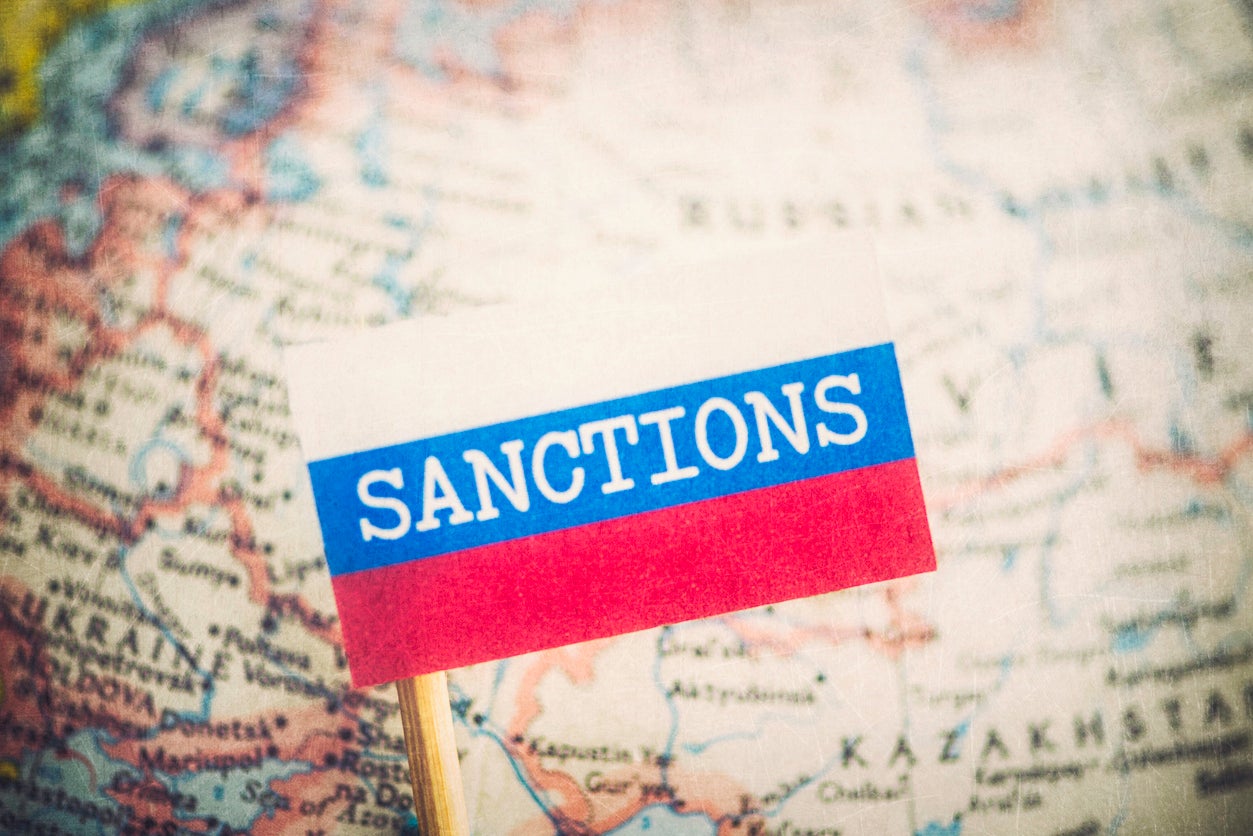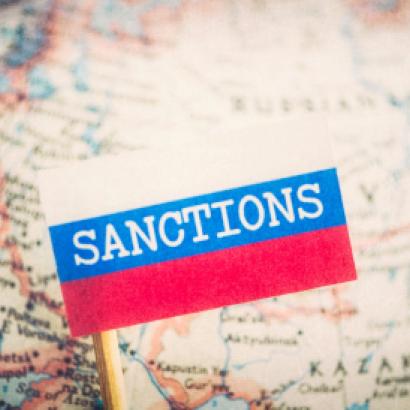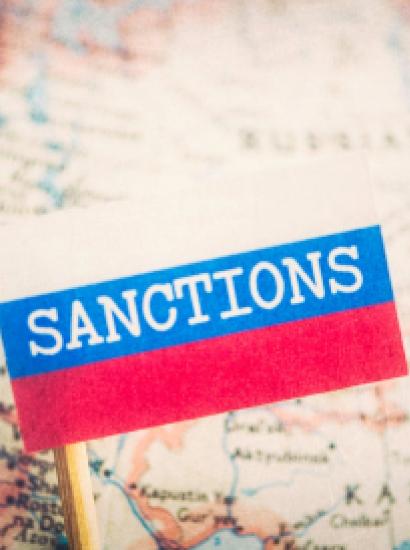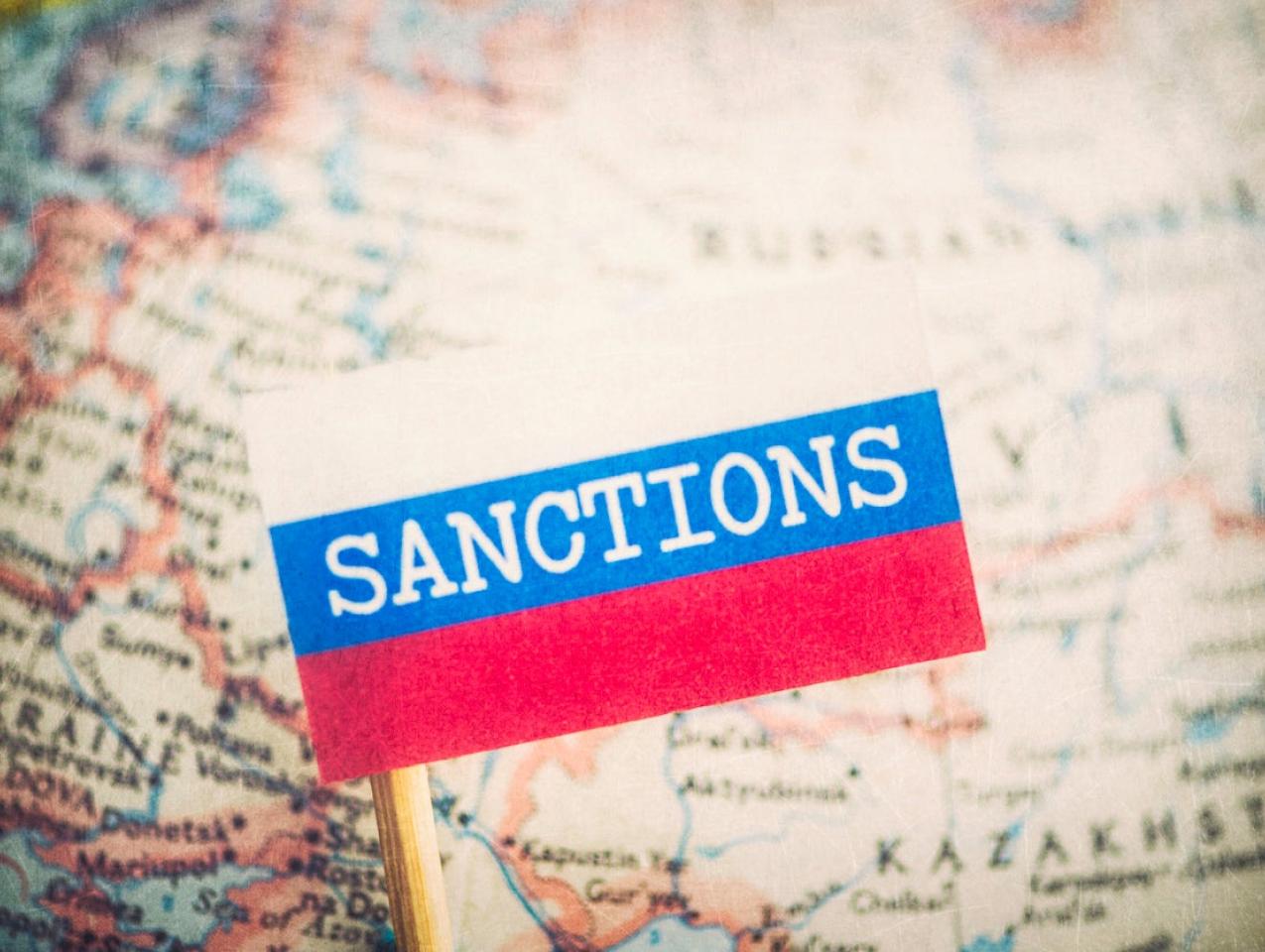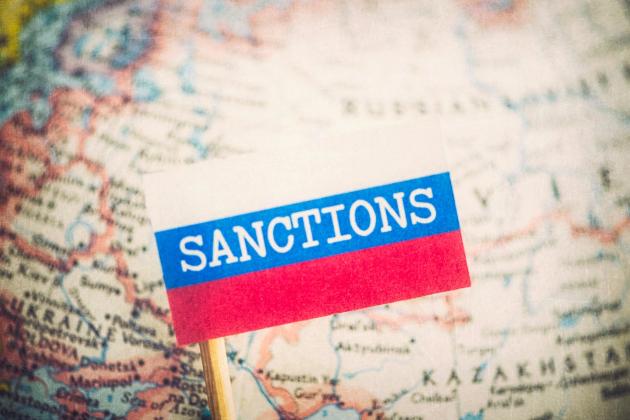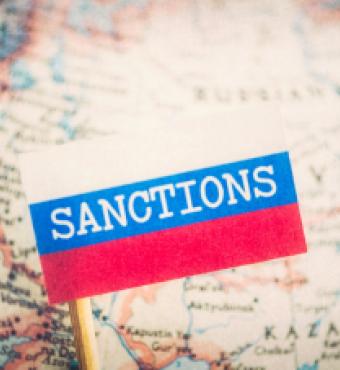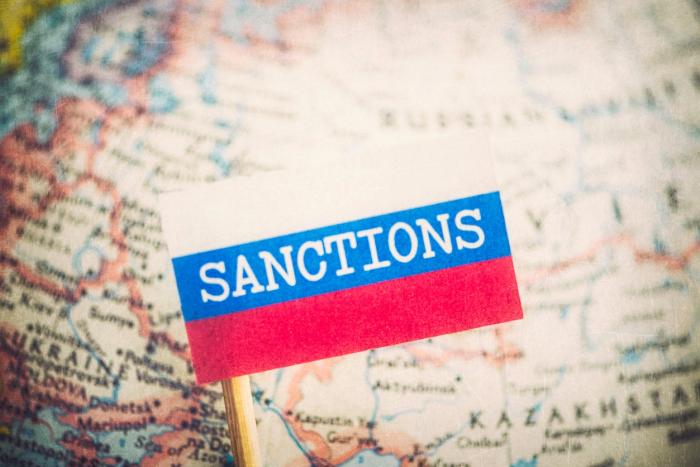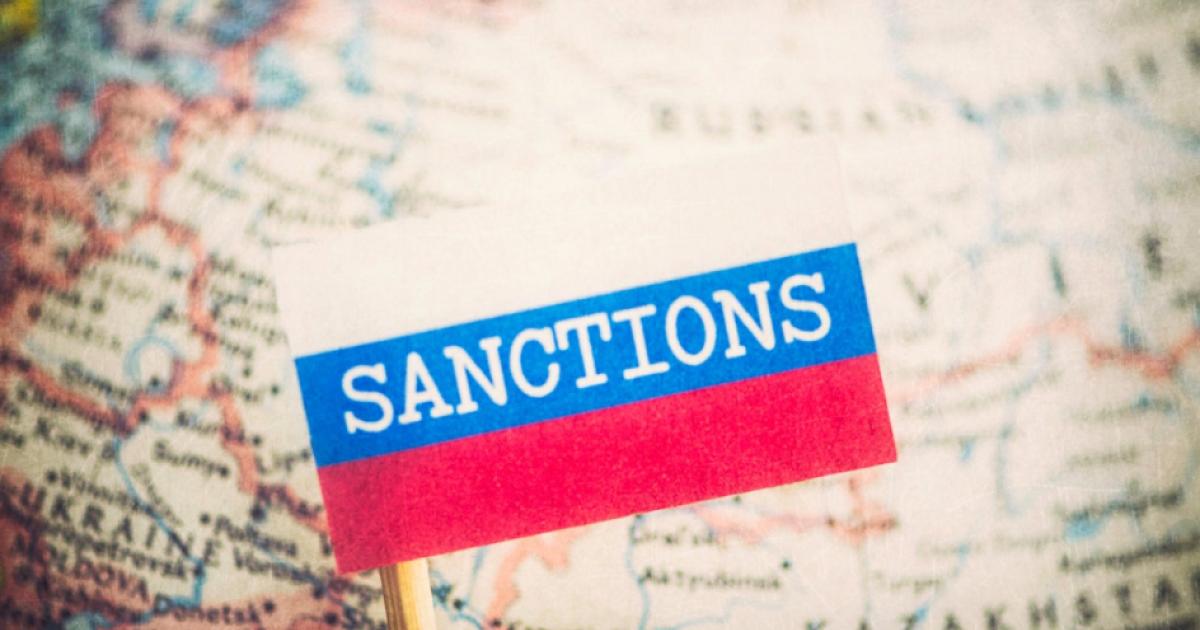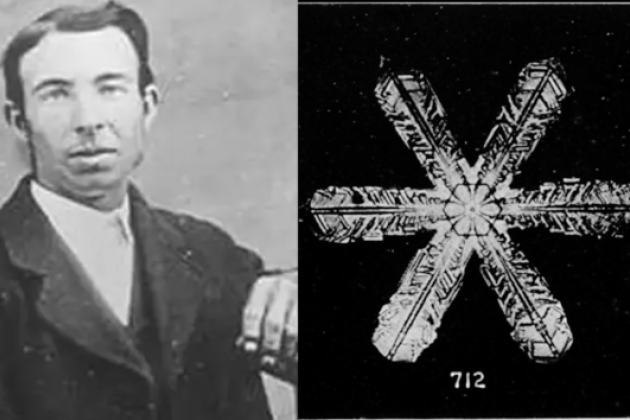
The Hoover Institution Technology, Economics, and Governance Working Group hosted A Conversation about Russian Sanctions and the Future of Sanctions on Monday, April 25, 2022.
In the lead up to and aftermath of Russia’s invasion of Ukraine, sanctions have been Western governments’ tool of choice to de-escalate Russian aggression. On April 6th, the White House announced a new package of economic restrictions coordinated with the G7 and European Union (EU), including US actions to “ban new investment in Russia, and impose the most severe financial sanctions on Russia’s largest bank and several of its most critical state-owned enterprises and on Russian government officials and their family members.” Additionally, the EU is reportedly drafting an embargo on Russian oil products despite the potentially severe consequences for Europe and the global energy market. Despite these cost-imposing measures, there is no sign that Putin will compromise his objectives in Ukraine or meaningfully withdraw Russian forces.
Technology, Economics, and Governance Working Group Co-Chair, John B. Taylor leads a virtual discussion with Condoleezza Rice, Stuart Levey, and Benjamin Moll exploring the effectiveness of Western sanctions and how Europe, and Germany in particular, could mitigate the impact of a Russian oil embargo at home.
WATCH THE DISCUSSION
ABOUT THE SPEAKERS
Condoleezza Rice is the Tad and Dianne Taube Director of the Hoover Institution and the Thomas and Barbara Stephenson Senior Fellow on Public Policy. In addition, she is a founding partner of Rice, Hadley, Gates & Manuel LLC, an international strategic consulting firm.
From January 2005 to January 2009, Rice served as the 66th Secretary of State of the United States, the second woman and first black woman to hold the post. Rice also served as President George W. Bush’s Assistant to the President for National Security Affairs (National Security Advisor) from January 2001 to January 2005, the first woman to hold the position.
Rice served as Stanford University’s provost from 1993 to 1999, during which time she was the institution's chief budget and academic officer. As Professor of Political Science, Rice has been on the Stanford faculty since 1981 and has won two of the university’s highest teaching honors – the 1984 Walter J. Gores Award for Excellence in Teaching and the 1993 School of Humanities and Sciences Dean's Award for Distinguished Teaching.
Rice currently serves on the boards of C3.ai, an AI software company; and Makena Capital Management, a private endowment firm. In addition, she is Vice Chair of the Board of Governors of the Boys & Girls Clubs of America and a trustee of the Aspen Institute.
Rice has a bachelor's degree from the University of Denver; a master’s from the University of Notre Dame; and a Ph.D., from the University of Denver, all in political science.
Stuart Levey was most recently the CEO of the Diem Association. From 2012 until 2020, he was the Chief Legal Officer for HSBC Holdings, where he managed a legal department with more than 900 lawyers in 50 countries and sat on the Group Executive Committee.
From 2004 until 2011, he served in the U.S. Department of the Treasury as the first Under Secretary for Terrorism and Financial Intelligence under Presidents Bush and Obama. During his tenure, he led the U.S. government's efforts to disrupt the financial networks supporting terrorist organizations; designed and implemented financial measures against proliferators of weapons of mass destruction, and played a key role in U.S. strategies to pressure the regimes in North Korea and Iran. As Under Secretary, he established the Treasury's Office of Intelligence and Analysis, the first office of its kind in any finance ministry in the world. As part of his role, he also oversaw the design, implementation and enforcement of U.S. sanctions by the Office of Foreign Assets Control (OFAC).
Prior to his Treasury appointment, Mr. Levey served in several senior roles at the U.S. Department of Justice, including as the Principal Associate Deputy Attorney General.
Benjamin Moll is a macroeconomist interested in understanding inequality within and across countries. His work seeks to advance two core research agendas. The first addresses one of the longest-standing questions in economics: “Why are some countries so much poorer than others?” The second is to understand how the enormous heterogeneity observed at the micro level, and in particular, the vast disparities in income and wealth, impact the macroeconomy and macroeconomic policy. His work approaches these questions with a mix of theory and empirics.
His current work aims to improve our understanding of the causes of the unequally distributed growth observed in many developed countries and the macroeconomic and distributional consequences of both monetary and fiscal policy.
Moll is the co-author of a recent policy brief, "What if? The Economic Effects for Germany of a Stop of Energy Imports from Russia," which argues that the consequences of an embargo on Russian oil products for Germany are likely to be substantial, but manageable.
PARTICIPANTS
John Allred, Terry Anderson, Chonira Aturupane, Katharine Beamer, Ghassane Benmir, Chelsea Berkey, Michael Bernstam, David Blum, David Brady, Chaim Braun, Qitong Cao, Arye Carmon, Jennifer Carns, Philip Caruso, Tom Church, Christy Clark, Anne Clunan, Drew Conover, Darrell Duffie, Mark Duggan, David Elliott, James Ellis, Denise Elson, David Fedor, Joe Felter, Michael Feuquay, Andy Filardo, Tom Fingar, Christopher Ford, William Gifford, Jaime Gimeno Ribes, David Goldfein, James Goodby, Mark Gorenflo, Mariya Grinberg, Andrew Grotto, Joe Grundfest, Eric Hanushek, Brian Harrington, George Hasseltine, Kevin Hassett, Sean Hays, Adele Hayutin, Robert Hight, William Howlett, Ken Judd, Kirill Kalinin, Nils Karlson, Kevin Kim, Chase Koontz, Piotr Kosicki, Stephen Kotkin, Stephen Krasner, Marianna Kudlyak, Oliver Lause, Hongbin Li, Herb Lin, George Marotta, Michael McFaul, Ellen McGrattan, Abbas Milani, Dinsha Mistree, Hala Moussawi, David Mulford, Bob Murray, Gisle Natvik, Charles Palm, Elena Pastorino, Elisabeth Pate-Cornell, Michael Paulsen, Charles Plosser, John Raisian, Meghana Reddy, Manny Rincon-Cruz, John Rivera-Dirks, Doug Rivers, Greg Rosston, Soroush Sabet, Alexandra Sander, Nadia Schadlow, Robert Service, Anatol Shmelev, John Shoven, Andrey Simonov, Marie-Christine Slakey, Adam Steinmetz, Thomas Stephenson, Barry Strauss, Jim Sweeney, Philip Taubman, John B. Taylor, James Timbie, Jim Van Horne, Kevin Warsh, Paul Wolfowitz, Stephen Wright, Eran Yashiv, Yuanhang Yu, Amy Zegart, and Philip Zelikow






